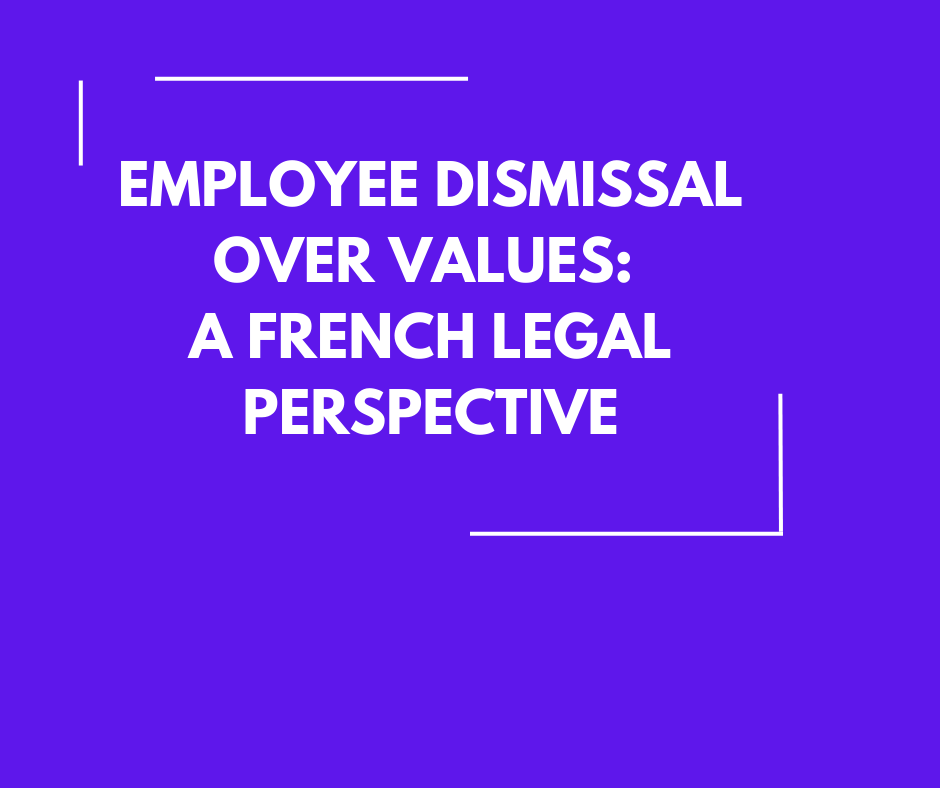In a landmark ruling, the French Court of Cassation has underscored the importance of protecting employees’ freedom of expression and opinion within the workplace.
The court clarified that an employee’s dismissal cannot be justified solely on the grounds of their refusal to embrace certain corporate values, particularly those promoting excesses and indiscretions.
This ruling, delivered on November 9, 2022, carries significant implications for workplace dynamics in France.
The case in question involved an employee who had been promoted to the position of director within a company.
Subsequently, he was terminated for alleged professional inadequacy.
However, the employer’s primary reproach was the employee’s failure to align with the company’s values, notably the “fun and pro” ethos.
This particular value was associated with participation in seminars and end-of-week gatherings characterized by excessive alcohol consumption.
These practices, encouraged by senior management, often involved hazing and the endorsement of various excesses and indiscretions.
Seeking to contest his dismissal, the employee brought his case before the labor court.
He aimed to secure the nullification of his termination, reinstatement in the company, and the receipt of compensation. He contended that his refusal to partake in these activities was an exercise of his freedom of opinion and expression.
However, the labor court rejected his claims, prompting him to appeal.
The Court of Appeal, too, dismissed the employee’s case.
It concluded that the allegations against the employee pertained to his behavior and did not impinge upon his personal opinions. As such, they did not constitute a violation of his freedom of expression, and therefore, the dismissal was not rendered null and void.
Dissatisfied with this verdict, the employee escalated the matter to the Court of Cassation.
In its judgment, the Court of Cassation reiterated that, except in cases of abuse, employees possess the right to exercise their freedom of expression both within and outside the workplace.
The court overturned the Court of Appeal’s ruling, highlighting that the employee’s refusal to engage with the corporate policy centered on the “fun and pro” value and the encouragement of various excesses was indeed an exercise of his freedom of expression and opinion.
No abuse in the exercise of this freedom was evident.
The Court of Cassation emphasized that “the illicit nature of the dismissal’s motive, even in part, due to the employee’s exercise of their freedom of expression—a fundamental freedom—alone renders the dismissal null and void.”
The French Court of Cassation’s recent decision sends a resounding message about the protection of employees’ fundamental freedoms within the corporate environment.
It asserts that an employee’s refusal to conform to company values, especially when they promote behaviors that may compromise personal values, should not result in their dismissal.
This ruling serves as a reminder that freedom of expression and opinion remain essential rights for employees in France, safeguarding their integrity and individuality in the workplace.
Legal notes and references here: https://www.legifrance.gouv.fr/juri/id/JURITEXT000046555948



